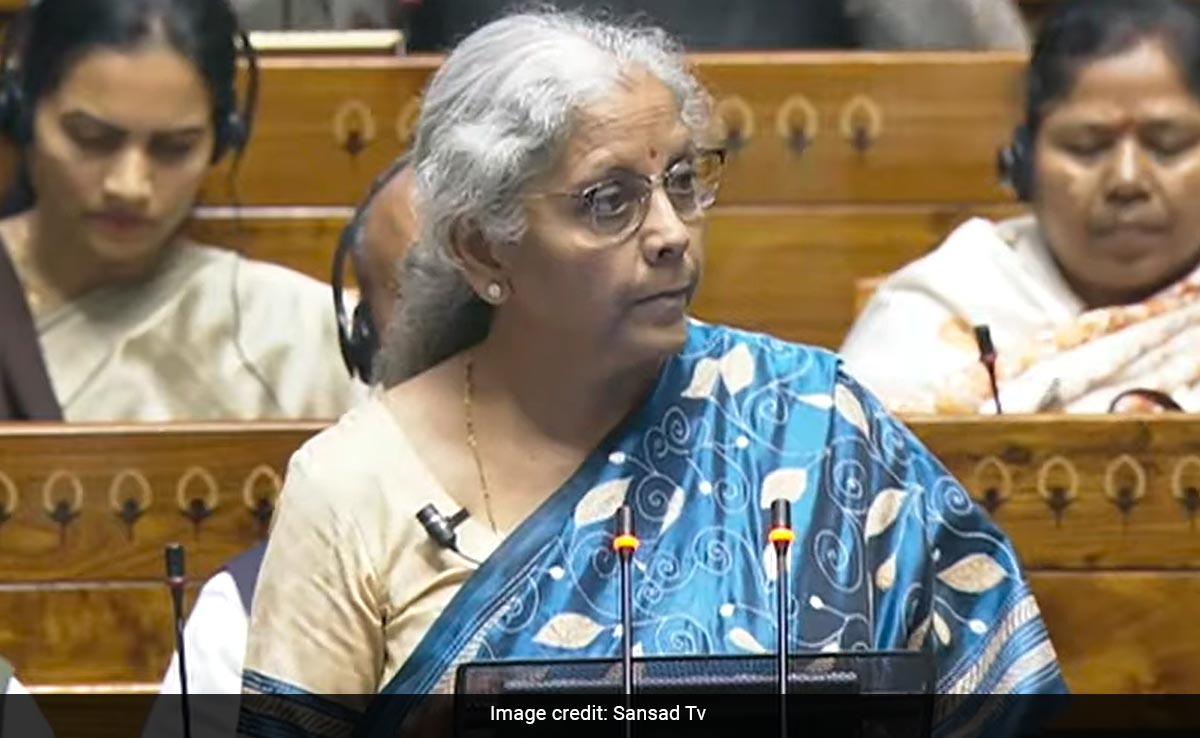There will be no change to income tax slabs, which have been reduced and rationalised, in the 2024 interim Budget, Union Finance Minister Nirmala Sitharaman said Thursday morning, as she read out a statement of the country’s finances in a special session of Parliament. “I propose to retain the same tax rates for direct and indirect taxes, including import duties,” Ms Sitharaman said.
She did, though, propose to withdraw outstanding direct tax demands of up to Rs 25,000 till FY09/10 and up to Rs 10,000 for FY10/11 to 14/15, and said it would benefit around one crore taxpayers.
On that count, Ms Sitharaman said, “… there are a large number of petty, non-verified, non-reconciled, or disputed, direct tax demands, many dating to 1962, which remain on the books, causing anxiety to honest taxpayers… I propose to withdraw such outstanding direct tax demands.”
The hold on revisions to tax slabs was not unexpected given this is an interim budget – essentially to keep the government running till a new administration is elected and takes charge later this year.
A full Union Budget will likely be presented in July.
Nevertheless, that tax slabs will stay the same will disappoint salaried taxpayers, particularly in the middle class, which had been hoping for cuts to help deal with perennial cost-of-living concerns.
Presenting her sixth straight (but first interim) budget, Nirmala Sitharaman also said Prime Minister Narendra Modi’s government is working to make India a ‘Viksit (Developed) Bharat’ by 2047, and that this development would be “all round, all inclusive, and all pervasive”.
“Our vision for Viksit Bharat is that of a prosperous Bharat… in harmony with nature and modern infrastructure, and providing opportunities for all to reach their potential. The next five years will see unprecedented development and golden moments to realise the goal of a developed India…”
Ms Sitharaman said the government plans to form a “high-powered committee” for an “extensive consideration of challenges arising from fast population growth and demographic challenges”.
“The committee will be mandated to make recommendations to address these challenges comprehensively, in relation to the goal of ‘Viksit Bharat’,” she explained.
The Finance Minister also spoke about the global context of development, acknowledging that increasingly fragile geopolitical situations across the world – such as wars in Ukraine and Gaza, and tension in the Middle East, as well as the spectre of terrorism – had created new challenges.
Despite these challenges, Ms Sitharaman said, the Indian government is confident of delivering its promise of high (and inclusive) growth, and will focus on “a more comprehensive GDP – i.e., Governance, Development, and Performance”.
